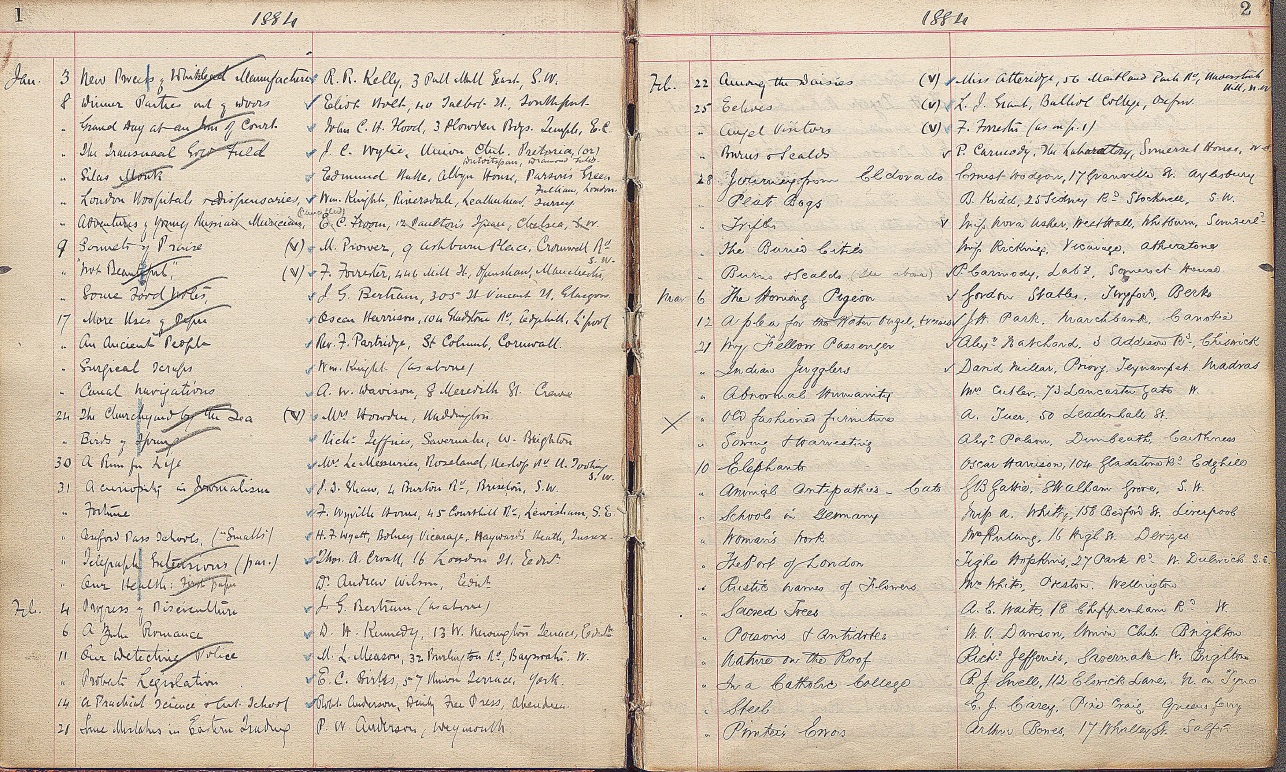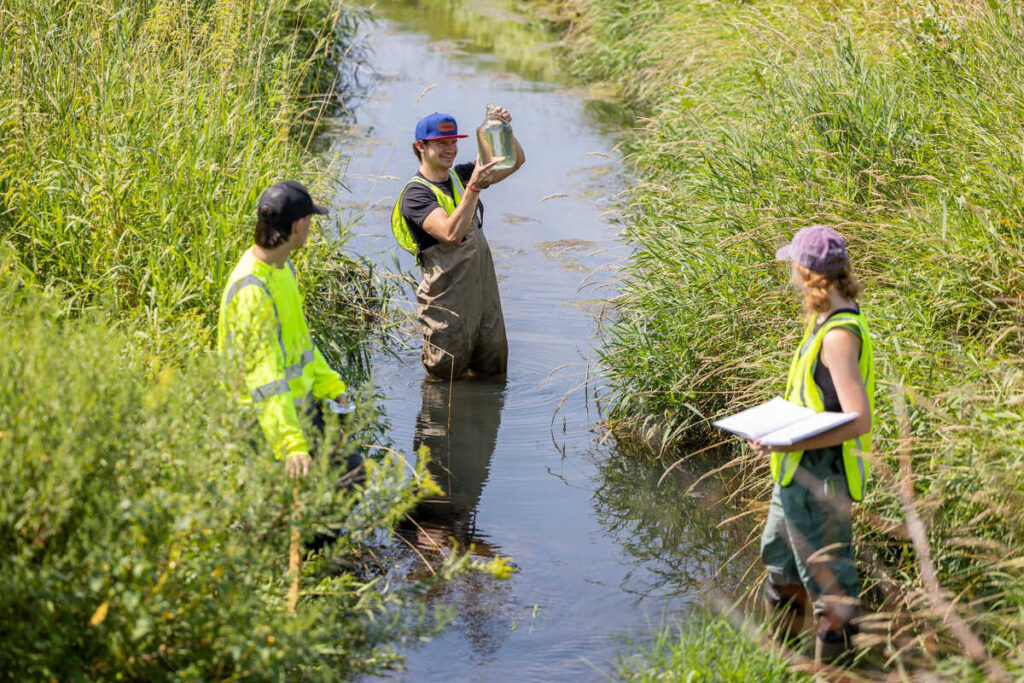The data analytics major had just wrapped up a presentation at the Research Society for Victorian Periodicals (RSVP) conference. Usually knee-deep in numbers and spreadsheets, it was now time for Becicka to mingle with some of the foremost experts on everything Victorian.
“I was the youngest person there, and felt a little out of place before going,” Becicka said. “However, I was impressed by how welcoming everyone was … and they all seemed very open and excited to move into new avenues of technology.”
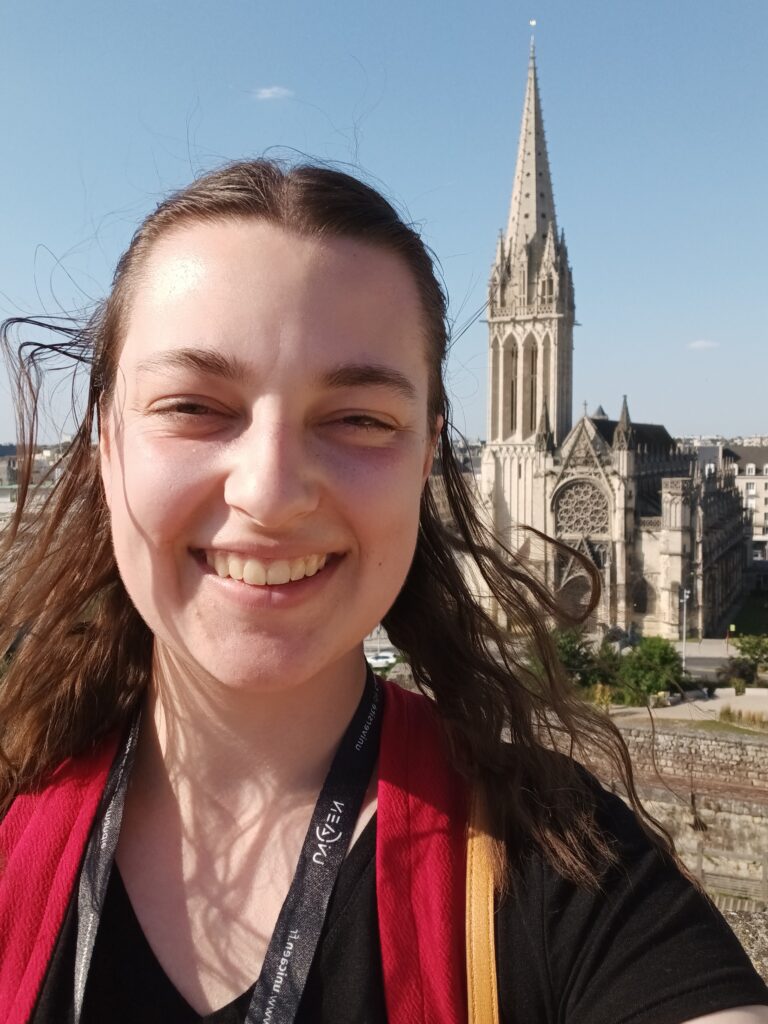
Becicka’s expertise in data visualization was a hot topic as she mingled with academics and grad students from around the globe.
“They made me feel like they were not just happy I was there and had a different background, but excited that I did,” Becicka said. “It definitely built my confidence.”
Becicka’s mentor and research partner, Dr. Alexis Easley, has greatly appreciated Becicka’s unique knowledge of numbers and how to digest them. Easley, a St. Thomas English professor and Victorian periodicals expert, was in the middle of her latest research project when she knew she’d need some help from the statistics department. She quickly found a very human solution in Becicka.
“I was limited by my own knowledge of statistics and data visualization,” Easley said. “Our project highlights the benefits of cross-disciplinary collaboration – and collaborative research with undergraduate students.”
Together the duo has focused their work on learning as much as they can about the contributors to a Victorian periodical called Chambers’s Journal, collecting information on where the authors lived and how much they got paid.
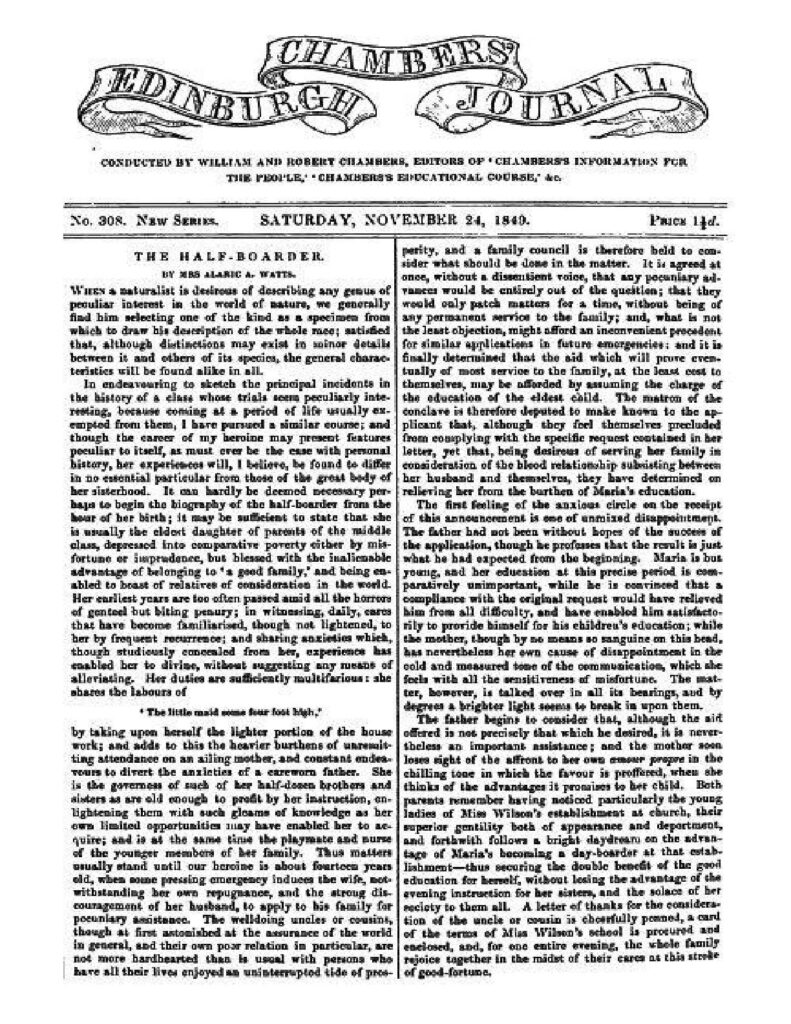
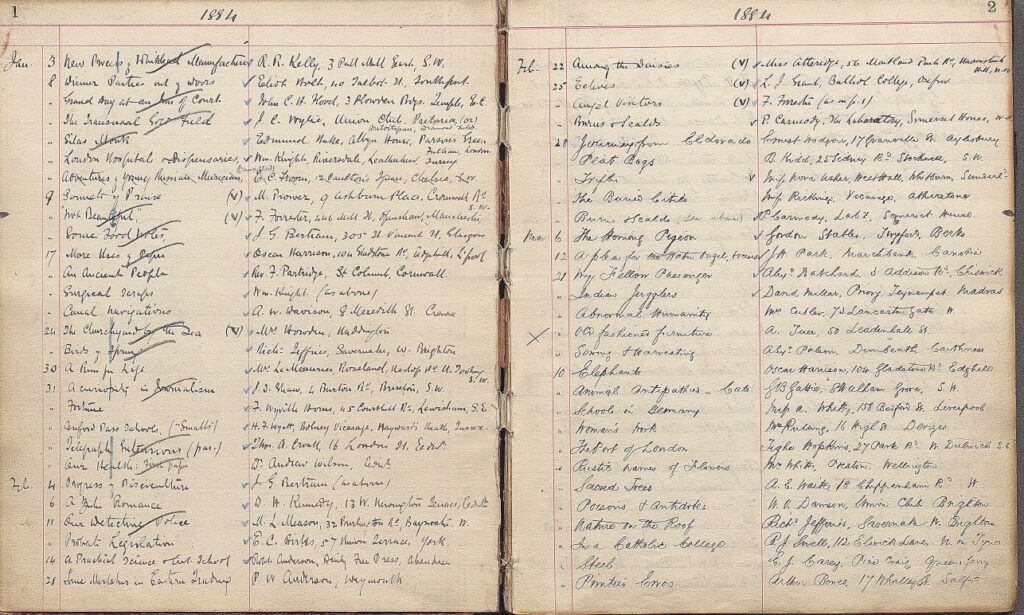
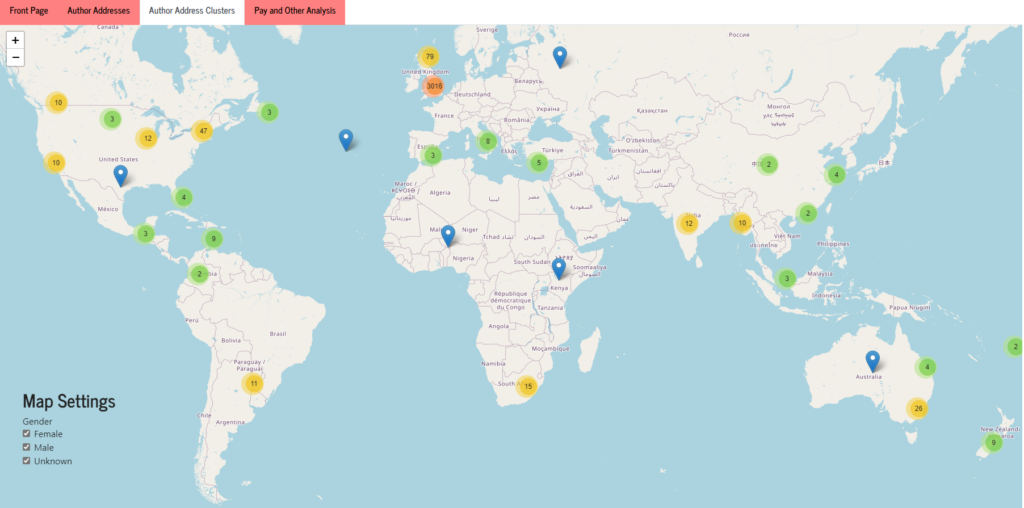
Becicka helped expand Easley’s spreadsheet of author data from the journal’s ledger (it now features nearly 8,000 entries), eventually performing a statistical analysis of remuneration and the geographical locations of those contributors.
“I love interdisciplinary work,” Becicka said. “I love being able to connect the STEM aspects and analytics of my field, into what might be considered more artistic or colorful disciplines, say in the English department.”
When it came time to highlight their work more widely, Easley encouraged Becicka to present at the RSVP conference in France. But they wouldn’t be the only Tommies in attendance.
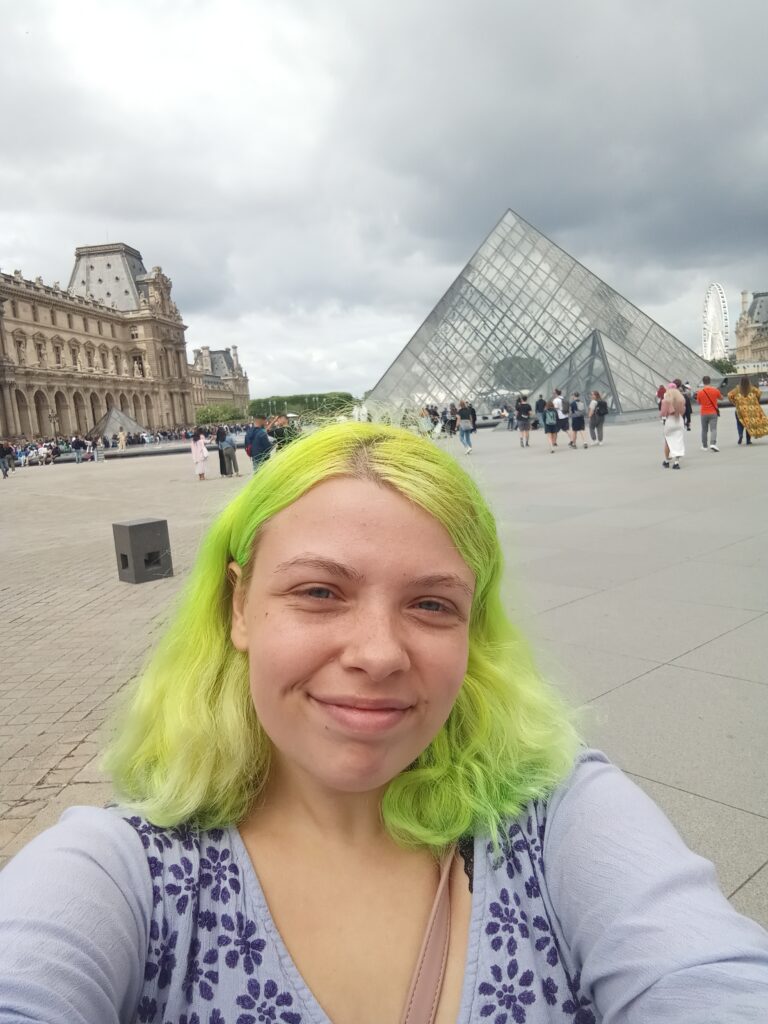
Morgan Coleman ’23, another student of Easley’s, was also selected to present. Graduating in May with a master’s degree in English, Coleman had spent months looking at how cholera was depicted in fictional stories published in Victorian periodicals, comparing the centuries-old public health crisis to the much more recent COVID-19 pandemic.
“It allowed me to apply my own interest in medical history and medical humanities … with periodical studies,” Coleman said. “It was incredible to be able to present this research through my own voice that hadn't necessarily been said before.”
For Coleman, it quickly became obvious this was a unique opportunity to experience as a master’s student. Nearly all the student presenters in France were well on their way to pursuing doctorates.
“There was a feeling of imposter syndrome,” Coleman said. “I asked myself … ‘Have I learned enough to be here in this situation with all of these really brilliant scholars?’ But just being there in person allows you to fight that, because you’re learning side by side with these scholars firsthand.”
Coleman and Becicka also earned rare travel scholarships from the RSVP, allowing them to make the trip overseas with doctoral students from prestigious institutions like the University of London and CUNY.
Both say the experience wouldn’t have been the same, or happened at all, without a collaborative professor like Easley.
“She’s brilliant, obviously – she knows so much about the field,” Coleman said. “But she’s also incredibly helpful and understanding from that teacher perspective. I definitely wouldn’t have applied for this conference, or applied for the grant, without her.”
That gratitude is returned by Easley, who credits her student collaborators with breathing new life into her research.
“Morgan and Cecilia were wonderful to work with,” Easley said. “This not only advances our work as humanists but also provides students with case studies on which to test their skills.”
